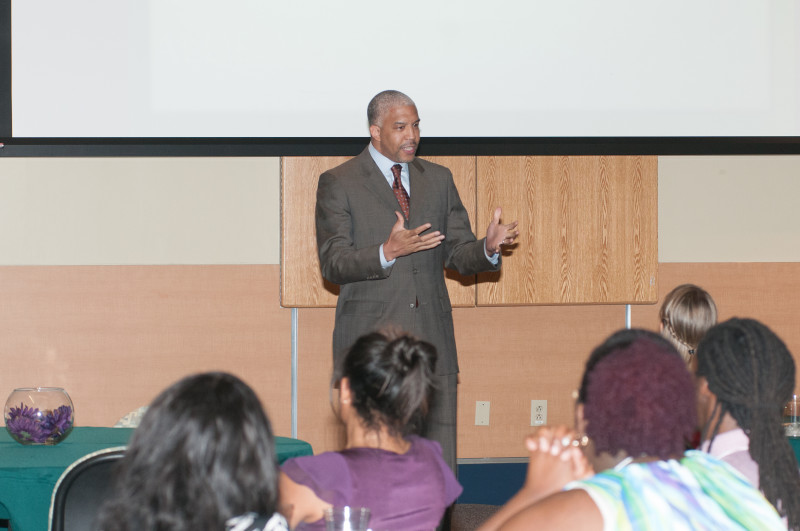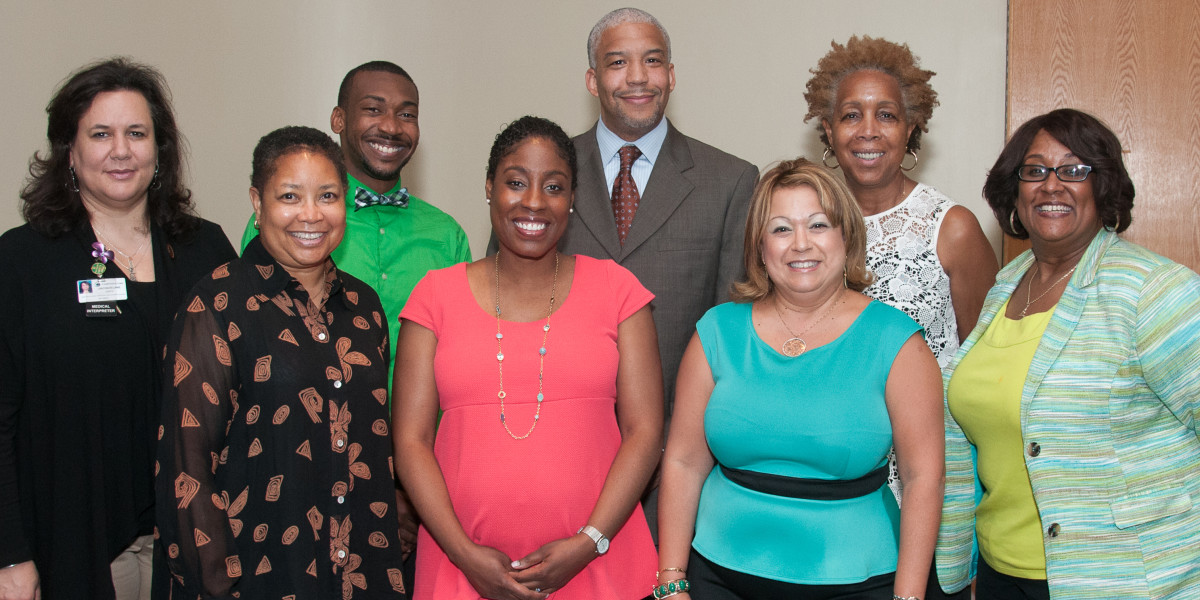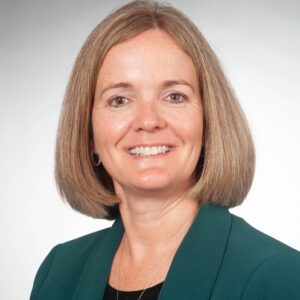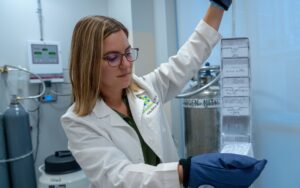Christina Care Learning Institute hosted more than 50 pre-medical and medical students and other medical professionals as a part of the Student National Medical Association’s National Leadership Institute meeting June 19-20 at Wilmington Hospital.
Edmondo J. Robinson, MD, MBA, senior vice president and executive director of Christiana Care – Wilmington; associate chief medical officer, delivered the opening address and led a workshop session. He is a former vice president of the Student National Medical Association.
“The event highlighted the benefits of choosing Christiana Care for residency, with a number of students expressing interest in pursuing their residency training at Christiana Care,” said Dana Beckton, director, Diversity and Inclusion/Employee Development. She said the event provided students with the chance to speak with residents and physicians from Christiana Care and Sidney Kimmel Medical College about medical school, residency and their career.
Among workshop topics presented were Physicians as Leader of a Multidisciplinary Team, Implementing and Disseminating Organizational Change, Emotional Intelligence and Healthy Public Policy.

Speakers from Christiana Care included Rosa M. Colon-Kolacko, Ph.D., MBA, senior vice president & executive director, Learning Institute and chief diversity officer, Eric V. Jackson, Jr., M.D., MBA, director of The Center for Health Care Delivery Science – The Value Institute, LeRoi S. Hicks, M.D., MPH, vice chair, Department of Medicine, Brian M. Aboff, M.D., MMM, FACP, associate chair, Education, Department of Medicine; program director, Internal Medicine Residency; program director, Transitional Year Residency; associate program director, EM-IM Residency and Med-Peds Residency, resident Erica Locke, M.D., and Brian M Rahmer, Ph.D. MS, program manager of Health Services Research, Department of Family & Community Medicine; Value Institute Scholar.
The Student National Medical Association supports current and future underrepresented minority medical students, addressing the needs of underserved communities and increasing the number of clinically excellent, culturally competent and socially conscious physicians. The organization seeks to ensure that medical education and services are culturally sensitive to the needs of diverse populations and to increasing the number of African-American, Latino, and other students of color entering and completing medical school.



